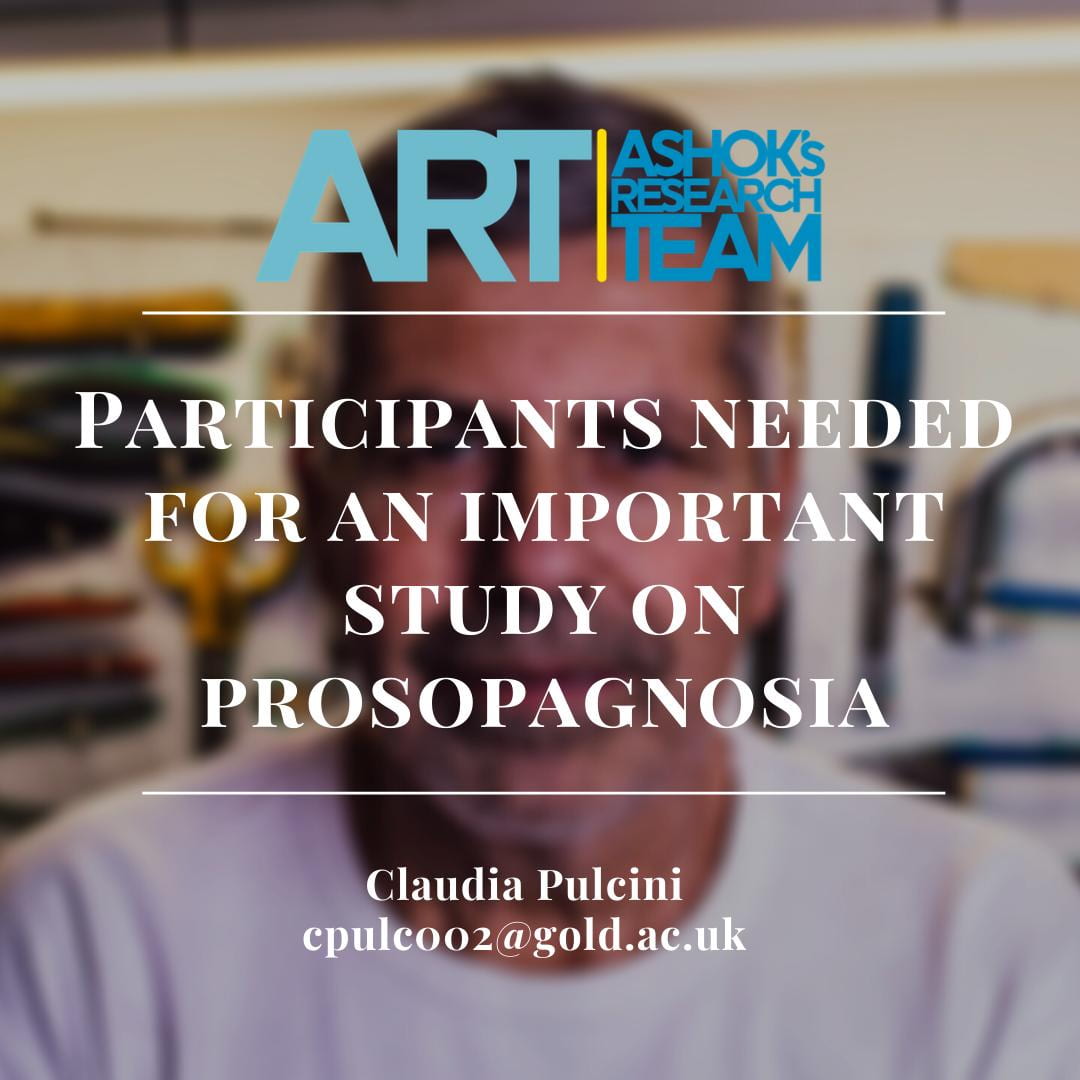Could you imagine not being able to recognise your family and friends or even your own face in the mirror?
As impossible as that may seem, more than 2% of the population is known to suffer from a condition known as Prosopagnosia, the inability to recognise faces. Prosopagnosia can be developmental – a life-long condition with no underlying cause – or acquired through brain damage.
Its consequences can have a strong negative impact. These include feelings of embarrassment, guilt, fear, avoidance of social situations and anxiety leading to social isolation and severe employment and relationship problems.
Research into the field is facing some challenges since the condition can present in very different ways between individuals. Further to this, extensive objective testing is needed in order to have a greater understanding of the different facets of Prosopagnosia.
If you have Prosopagnosia, or think you might struggle with face recognition, don’t hesitate to email our lead face recognition researcher Claudia Pulcini on cpulc002@gold.ac.uk.

